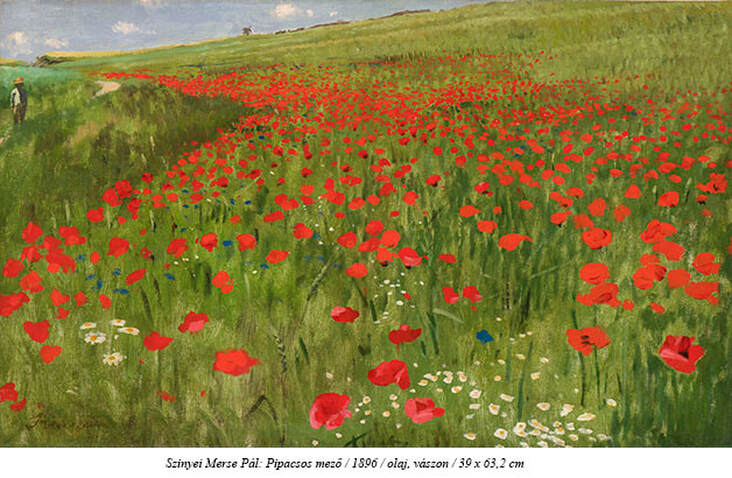Conversely, this-worldly pessimism may make one cheerless, gloomy, and a veritable downer. It may also lead to detrimental effects on one’s emotional or physical well-being and relations with others, but it is by no means a sin, nor is it spiritual kryptonite.
I mention this because many Christians are under the errant belief that they must retain this-worldly optimism no matter what. As if the faith would crumble without it.
On the flip side, many Christians believe that it is wrong or sinful to harbor pessimistic views concerning this world and tend to eschew or dismiss all who display the slightest hint of this-worldly pessimism.
Misguided beliefs about optimism and pessimism arise from conflations with hope and despair.
Hope is a true Christian virtue. However, when applied to this world, the best it can offer is this — the steadfast belief that God is providing us with what we need to learn spiritually and to harness that learning to willingly, creatively, and lovingly accept and work toward Jesus’ offer of eternal life in Heaven. The spiritual virtue of hope is in the eternal and cosmic significance and meaning it grants to mortal life. That is the ultimate meaning behind ideas like “as long as there is life, there is hope.”
I can extend this hope to include people I know and love, perhaps even to people I don’t know; however, I cannot apply it to my social status, the economy, my children’s future job prospects, the future of my town, state, or nation, my physical health, or any other predominately this-worldly concern. Once I do that, hope ceases being hope and becomes optimism. As noted above, optimism about this-worldly matters is fine and well, but it is not mandatory and it is not a virtue.
Despair is perhaps the worst of sins. When applied to this world, it is the declaration that God has abandoned us, that He is not providing us with what we need to learn spiritually, and that Jesus’ offer of everlasting life is inaccessible to us. Worse, that Jesus’ offer is illusory; that Heaven does not exist. Despair is the ultimate sin because it strips all eternal and cosmic significance and meaning from mortal life and leaves us with nothing but our inevitable, meaningless deaths.
As with hope, I can despair over people I love, less so over people I don’t know, but I can only do so at the expense of hope. Any feeling of despair over this-worldly affairs like society, the economy, or social status is just acute pessimism and will remain so as long as it does not poison the spirit or other-worldly hope.
Yet many Christians firmly believe that optimism about mundane, this-worldly affairs is indispensable to being a good Christian and that this-worldly pessimism is akin to some form of self-damnation.
Once again, these misguided notions stem from conflating optimism and pessimism with hope and despair. Although the conflation may appear trivial and superficial, it can induce many spiritual errors and harms such as enervated and unsound discernment.
Christians who regard this-worldly optimism as some spiritual duty open themselves up to the danger of regarding the spiritual as a subset of the material, physical, and temporal rather than recognizing that the opposite is, in fact, the case. Christians who foster this-worldly pessimism can easily fall into the same trap if they lose sight of the bigger picture.
This-worldly optimism or pessimism is principally superficial from a spiritual perspective. Optimism is not a virtue, and pessimism is not a sin.
Christians would also do well to remember that optimism is not hope, and pessimism is not despair.
Optimism provides no safeguard against error and sin! On the contrary, it can lead to innumerable errors or sins and, yes, even self-damanation.
Obsessive this-worldly optimism may lead one to forget about hope altogether and commit to nothing more than potential positives in this world. Moreover, any weakening of such this-worldly optimism could also lead straight to other-worldly despair (if there’s nothing positive in this world, how can there be anything positive in the other world)?
Likewise, pessimism can also lead to many errors, sins, and self-damnation. However, Christians can hold consistently bleak views about temporal matters and retain or fortify their hope as long as they do not allow such negative views of temporal matters to blur or cloud the eternal and cosmic significance of mortal life.
In the end, optimism and pessimism are a part of moral life, but they are surface dwellers. Hope and despair exist in the depths. Knowing the difference is imperative.



 RSS Feed
RSS Feed

